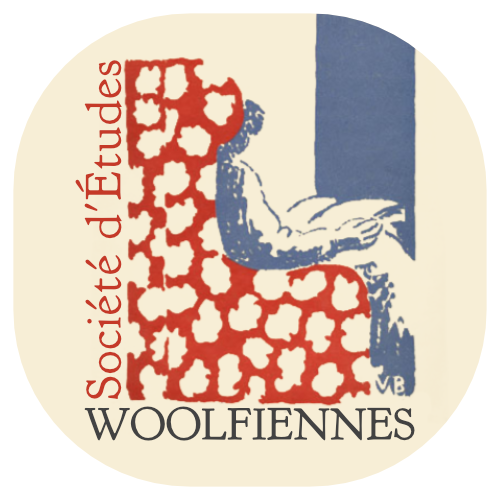
In this second volume of her acclaimed study of Virginia Woolf ‘s diaries, Barbara Lounsberry traces the English writer’s life through the thirteen diaries she kept from 1918 to 1929—what is often considered Woolf ’s modernist “golden age.” During these interwar years, Woolf penned many of her most famous works, including Mrs. Dalloway, To the Lighthouse, Orlando, and A Room of One’s Own. Lounsberry shows how Woolf’s writing at this time was influenced by other
diarists–Anton Chekhov, Katherine Mansfield, Jonathan Swift, and Stendhal among them—and how she continued to use her diaries as a way to experiment with form and as a practice ground for her evolving modernist style.
Through close readings of Woolf ‘s journaling style and an examination of the diaries she
read, Lounsberry tracks Woolf ‘s development as a writer and unearths new connections between her professional writing, personal writing, and the diaries she was reading at the time. Virginia Woolf’s Modernist Path offers a new approach to Woolf ‘s biography: her life as she marked it in her diary from ages 36 to 46.
Barbara LOUNSBERRY, Virginia Woolf’s Modernist Path: Her Middle Diaries and the Diaries She Read
http://upf.com/book.asp?id=LOUNS002
The first volume of Lounsberry’s study (Becoming Virginia Woolf. Her Early Diaries & the Diaries She Read, University Press of Florida, 2014) was reviewed by Adèle Cassigneul in Ebc: http://ebc.revues.org/2763
